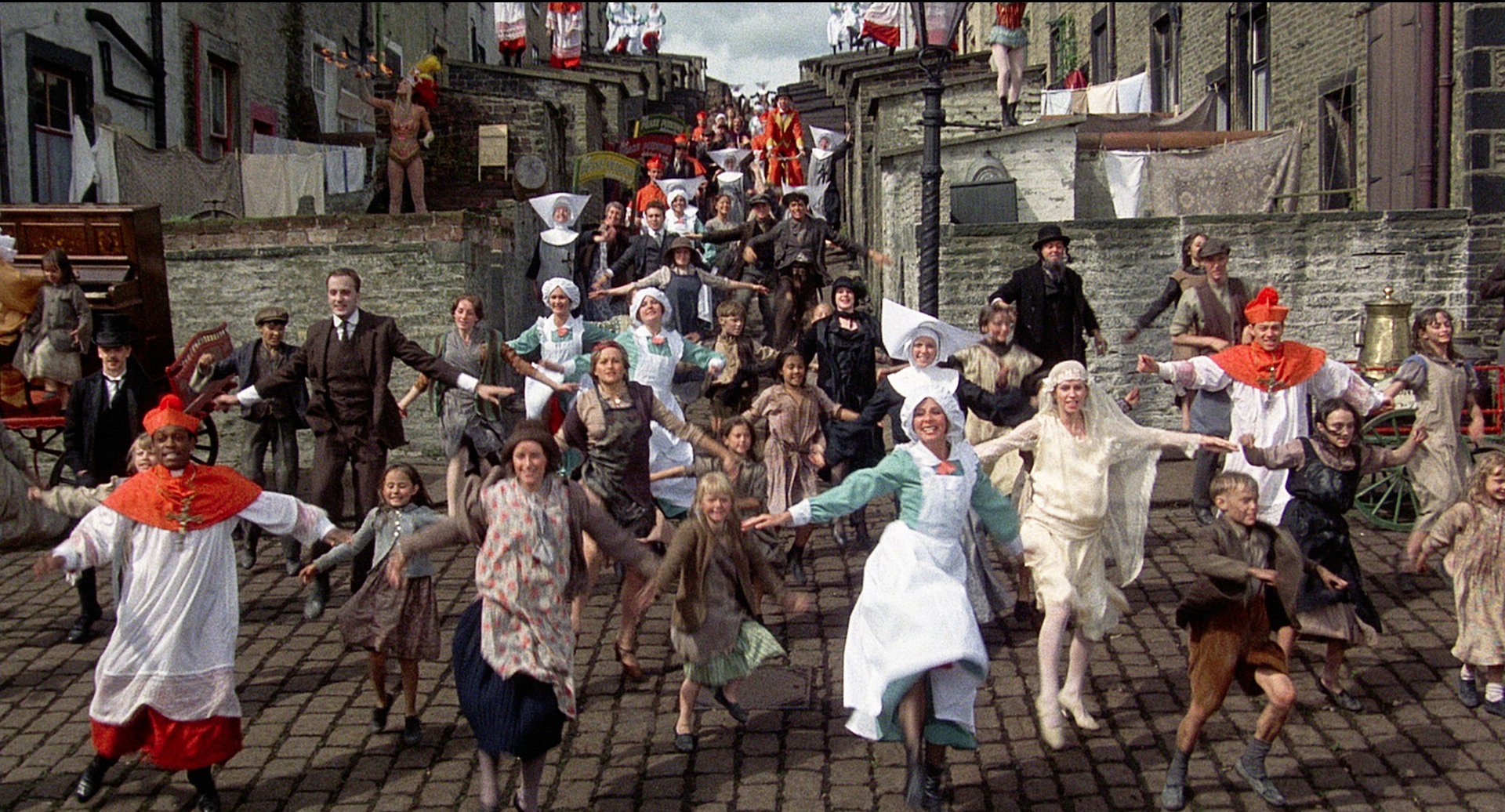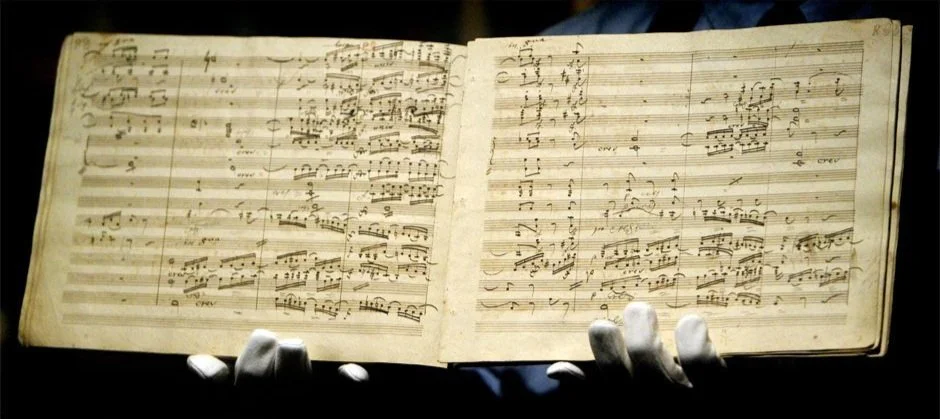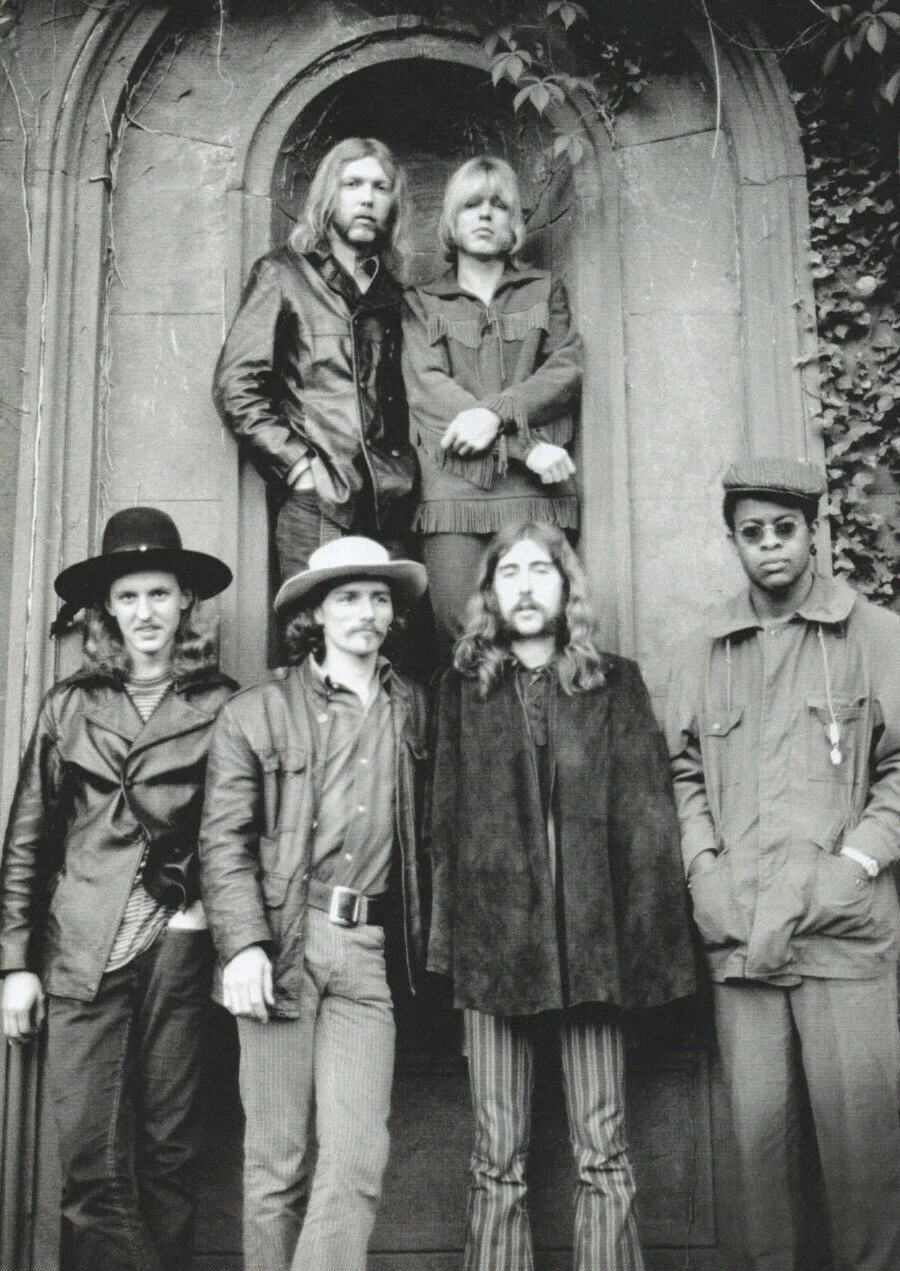By The Landlord
“Work is the curse of the drinking classes.” – Oscar Wilde
“Alimony is the curse of the writing class.” – Norman Mailer
“No one knows whether death is really the greatest blessing a man can have, but they fear it is the greatest curse.” – Plato
“I have no spur
To prick the sides of my intent, but only
Vaulting ambition, which o'erleaps itself
And falls on the other.” – Shakespeare, Macbeth
“Fame is a curse... it was the worst phase of my life, which I thank God I'll never have to go through again.” – Sinead O'Connor
“I feel there is a curse on rock stars.” – Marc Bolan
“It's a blessing and a curse at the same time, the idea of genre.” – Thundercat
“I make music and I can't stop. It's a compulsion and an obsession and a curse.” – Juliana Hatfield
“Every blessing ignored becomes a curse.” – Paulo Coelho
Beauty, brains, talent, ambition, employment, romance, faith, marriage, family, children, pets, success, money, fame, possessions and many other things we might aspire or work towards, love, cherish or perhaps even take for granted, indeed the very state of simply being alive, and then even death itself, can all be perceived as a push-me-pull-me carousel of advantage yet adversity, a bewildering bearer of boon and bane.
Life offers yet also restricts, is duplicitous, double-edged, and like as ourselves and other people, are perpetually, perplexingly paradoxical.
So at first this week's lyrical topic could, at first, be seen as unwieldy and huge, to pick up on any, or many individual subjects, but here’s the focus – to restrict only when indicating a particular emphasis – when capturing how the subject in hand is some extent proportionately and contradictorily bringing some kind kind of pointed plus and minus to life’s great ledger.
Whether about love, or language, imperfect democracy or fluffy but unwieldy, undisciplined dogs, blessings and curses might be profound or trivial. The brother of a friend of mine, who is apparently driven to buying and collecting items he often doesn’t really want or need, and lives nowhere near water, has gone through this process at least twice when remarking, rather succinctly that: “The best two times of owning a boat are the day you buy it, and the day you sell it.” Life’s blessings might go swimmingly, but can also make you sink.
From sinking, then, to thinking, the great Greek philosopher Socrates, no stranger to inhabiting or expressing irony, lived and died by his belief in democracy, accepting the poison of his Athenian death penalty punishment even though he was absurdly accused and found guilty of impiety and corrupting the youth.
Hannah Arendt, the Jewish German historian who fled her country during the Nazi era, studied totalitarianism, and coined the timeless phrase “the banality of evil” in her book on about the trial of Holocaust organiser Adolf Eichmann, and here, in another context captures the double-edged nature of economics:
“Economic growth may one day turn out to be a curse rather than a good, and under no conditions can it either lead into freedom or constitute a proof for its existence.” Could that now be applied to the blessings of profit and possessions, but the curse of climate change?
So the blessing-curse axis might cover anything if so captured in song, but your route in might also point to the double-edged nature of particular literal curses or blessings themselves. Just to clarify, we’re talking about curses, as in those levied for example by witches or agents of voodoo, not curses as in the American meaning of swear words, another topic entirely.
It’s ironic, though, that both blessings and curses can be offered by similar types of people, those imbued with some kind of religious, superstitious or societal status with their various consecrations or execrations, imprecations or supplications, hex, spell or jinx, whether witches, or witchdoctors, pontiffs, priests or preachers. But when is a curse also a motivational blessing? It all depends on perception.
Here’s the clever professor specialising in cognition and developmental linguistics, Stephen Pinker: “A word is an arbitrary label – that's the foundation of linguistics. But many people think otherwise. They believe in word magic: that uttering a spell, incantation, curse, or prayer can change the world. Don't snicker: Would you ever say, ‘Nothing has gone wrong yet’ without looking for wood to knock?”
That last metaphor, about dispelling curses, might make you think of a song, but what of curses in music themselves? There’s some odd history about certain songs and musicians.
Original manuscript of Beethoven’s Ninth Symphony
In classical music, the so-called “curse of the ninth” has been attached to several composers. Beethoven, Schubert, Dvořák and Vaughan Williams all died after completing their ninth symphonies, Anton Bruckner died with his unfinished – and Gustav Mahler, apparently a little freaked out by this trend, contracted pneumonia while writing his tenth. Not all of these composers had actually had all of these works officially numbered, published and performed when they died, so for example in Dvořák's case, some were posthumously unearthed. But looking at it another way, writing as many as nine symphonies in your career is a pretty huge achievement, so is that body of work really a curse, or a blessing?
There’s also of course a cursed connection attached to the song Cross Road Blues, also known as Crossroads by Robert Johnson, associated with his Faustian pact for acquiring devilish talent. While thousands of singers and songwriters have performed it, the ill luck of certain performers who have also recorded it comes to the fore, including that of plane crash victims of the band Lynyrd Skynyrd, to the Allman Brothers’ Duane Allman, who died in a motorcycle accident in 1971, and a year later, a similar fate for another band member, Berry Oakley. Coincidence? Probably, as after all it’s not unknown for rock stars to live fast and die young.
Crossroads curse? The Allman Brothers band including Duane Allman (top left) and Berry Oakley (front, second from right)
But stranger still comes a cultural oddness to that infamous number, My Way, written by Paul Anka (English lyrics), Claude François, and Jacques Revaux, but made most famous by Frank Sinatra’s version. It’s a solemnly indulgent funeral staple of course, but also one of millions of karaoke performers. Yet in the Philippines, where karaoke is also called videoke, it is believed to be cursed. If sung or played, you or those around you may die. Between 2002 and 2012 at least six killings were reported, most notably on 29 May 2007, when a 29-year-old karaoke singer was shot dead by a security guard at a bar in San Mateo, Rizal, because he perceived the performance to be off-key. Murdering music indeed.
Frank Sinatra. But why is My Way, a no-way in the Philippines?
Perhaps then doing a somewhat tuneless, though oddly admired version of it didn’t do Sid Vicious many favours either? Perhaps the music died first, but he followed only a year later after covering it along with some other numbers.
There are many other wider cultural curses that might also come up in song, from Greek myth to fable modern literature, ones that might break, but also motivate and make people. In the Beauty and the Beast, for example, or La Belle et la Bête, that fairytale written by French novelist Gabrielle-Suzanne Barbot de Villeneuve and published in 1740, in which fairy transforms an entitled prince into the titular ugly brute, but after various trials and tribulations and all kinds of learning processes, things end happily, and story repeated often in many other forms. Here’s a taste of Jean Cocteau’s 1946 classic:
We’ve already heard from Shakespeare’s Macbeth, whose drive and ambition to kill King Duncan and others is his doing and undoing, his vaulting ambition that o’erleaps itself, metaphorically falling off his own horse, and a play with superstitious actors will traditionally not utter. It’s a play riddled with supersition, not merely from the coven of witches’ curse on the main character, but also as its first performance (around 1606) was apparently riddled with disaster, the actor playing Lady Macbeth died suddenly, so Shakespeare himself had to take on the part and rumours of real daggers being used in place of stage props for the murder of King Duncan (resulting in the actor’s death).
Meanwhile in Romeo and Juliet, the articulate friend of Romeo, who dies in a fight between the two key families, curses the Montagues and Capulets with his utterance: “A plague o' both your houses”. Romeo’s blessing is that he falls in love with Juliet, but it’s also his curse. It’s all wonderfully dramatised in Baz Luhrman’s stylish adaptation.
And in a different quasi-religious setting, here’s another in Paul Thomas Anderson’s There Will Be Blood – ambitious, violent, oil man Daniel Plainview, played incomparably by Daniel Day-Lewis in this scene is cursed by religious zealot Eli Sunday (Paul Dano) in a crazy scene of mock “blessing” of the oil rig and through a mock baptism just to secure the land and pipeline.
But back other two-sided contexts, there’s plenty of other guest back in the Bar throwing in their perspectives, particularly musicians, actors, and other writers. We’ve heard from cross-genre funk-jazz bass maestro Thundercat about the double-edged advantages of genre, probably as a marketing tool, and for musicians, this surely also applies to the internet. Here’s Gloria Estefan on that:
“The Internet has been a blessing and a curse. The curse we know: A lot of people appropriating your intellectual property without paying for it. But I think it's important to realize the blessing of the Internet, which is that everybody has a voice and you can break through, even without a record company.”
And for those growing up entirely in it, immersed in social media from birth, Harry Potter’s author JK Rowling, whose books ironically are set in world utterly without a world wide web, says: “the internet has been a boon and a curse for teenagers”.
Another novelist, Andrew O’Hagan, adds more on his particular craft: “Novelists are no more moral or certain than anybody else; we are ideologically adrift, and if we are any good then our writing will live in several places at once. That is both our curse and our charm.”
A different kind of writer, Bill Keller, the editor-in-chief of The Marshall Project, that nonprofit that reports on criminal justice in the United States, declares that: “The curse of a journalist is that he always has more questions than answers.”
Work is certainly both a blessing and a curse to many of us, but the Victorian era British writer and government reformer Samuel Smiles adds a different angle: “It is idleness that is the curse of man - not labour. Idleness eats the heart out of men as of nations, and consumes them as rust does iron.”
Artists far and wide may enjoy success, but feel restricted by it. Here’s Tom Petty on the ups and downs of playing to a live audience: “When I go to see people, I always kind of hope they are going to play some kind of songs I know. So you've got to know your audience. It's kind of something that is a blessing and a curse in a way. You're obligated to play some of that stuff that people know, but I don't think that's all you have to do.”
Jamie Cullen meanwhile has mixed feelings about his early-career success. “It's a blessing and a curse when your first big public album does so well. 'Twentysomething' sold four million copies - I think we were hoping to sell 80,000. And it's still selling. In some ways, you'll always be defined by that.”
Actors crave big roles, but also fear being typecast. Those who have played Dr Who, or James Bond for example, have certainly fallen into a fame/wealth hole. Here also a Bond girl, The Living Daylights’ Maryam D’Abo who said herself that "To do a 'Bond' picture is a blessing but also a curse.”
Blessed, cursed or tied to one role? All the Bonds …
The much revered singer-songwriter Sharon Van Etten is fuelled by ambition, but also suffers from social anxiety. Here she reveals that: “Moving to New York City and doing what I do, social anxiety is a really ridiculous kind of curse to have. But I met people along the way who deal with it - performers as well - and they are learning to deal with it daily and deal with it in different ways.”
Alicia Keys is also in the house, worrying about her gifts, and finding some refuge on our piano in the corner. “Most times, your blessings are also your curses. And for me, I have this ability to express myself so clearly with pen and paper, but when it comes to expressing myself verbally, I put up a big wall.”
Sting is also around, and can’t but help pitch in with his own contribution, picking up his guitar to impress Alicia: “I never saw no miracle of science. / That didn't go from a - a blessing to a curse / I never saw no military solution / That didn't always end up as something worse.”
But what about in between creativity and success. Surely Elvis sweated rhinestone droplets between hits and was isolated in his fame. His success was the very epitome of blessings and curses. Here’s another star of a different ilk, Ravi Shankar: “Boredom is a blessing when it leads you to wisdom. And boredom is a curse when it leads you to frustration and depression.”
But let’s finish, as we started, with an entertaining combination of both blessings and curses with a religious, family, comedic and family context in the capable hands of The Monty Python crew, from The Meaning of Life, a lampooning of Catholicism (but also surely many other religions) …every sperm is sacred. A masterpiece.
So then, it’s time to count your blessings and curses in song form. Balancing all the pluses and minuses across nuance, meaning, language, melody and storytelling is this week’s wise overseer, the marvellous Maki. Please put your song suggestions in comments below for playlists in time for deadline at 11pm on Monday UK time, for playlists published next week.
New to comment? It is quick and easy. You just need to login to Disqus once. All is explained in About/FAQs ...
Fancy a turn behind the pumps at The Song Bar? Care to choose a playlist from songs nominated and write something about it? Then feel free to contact The Song Bar here, or try the usual email address. Also please follow us social media: Song Bar Twitter, Song Bar Facebook. Song Bar YouTube, and Song Bar Instagram. Please subscribe, follow and share.
Song Bar is non-profit and is simply about sharing great music. We don’t do clickbait or advertisements. Please make any donation to help keep the Bar running:





